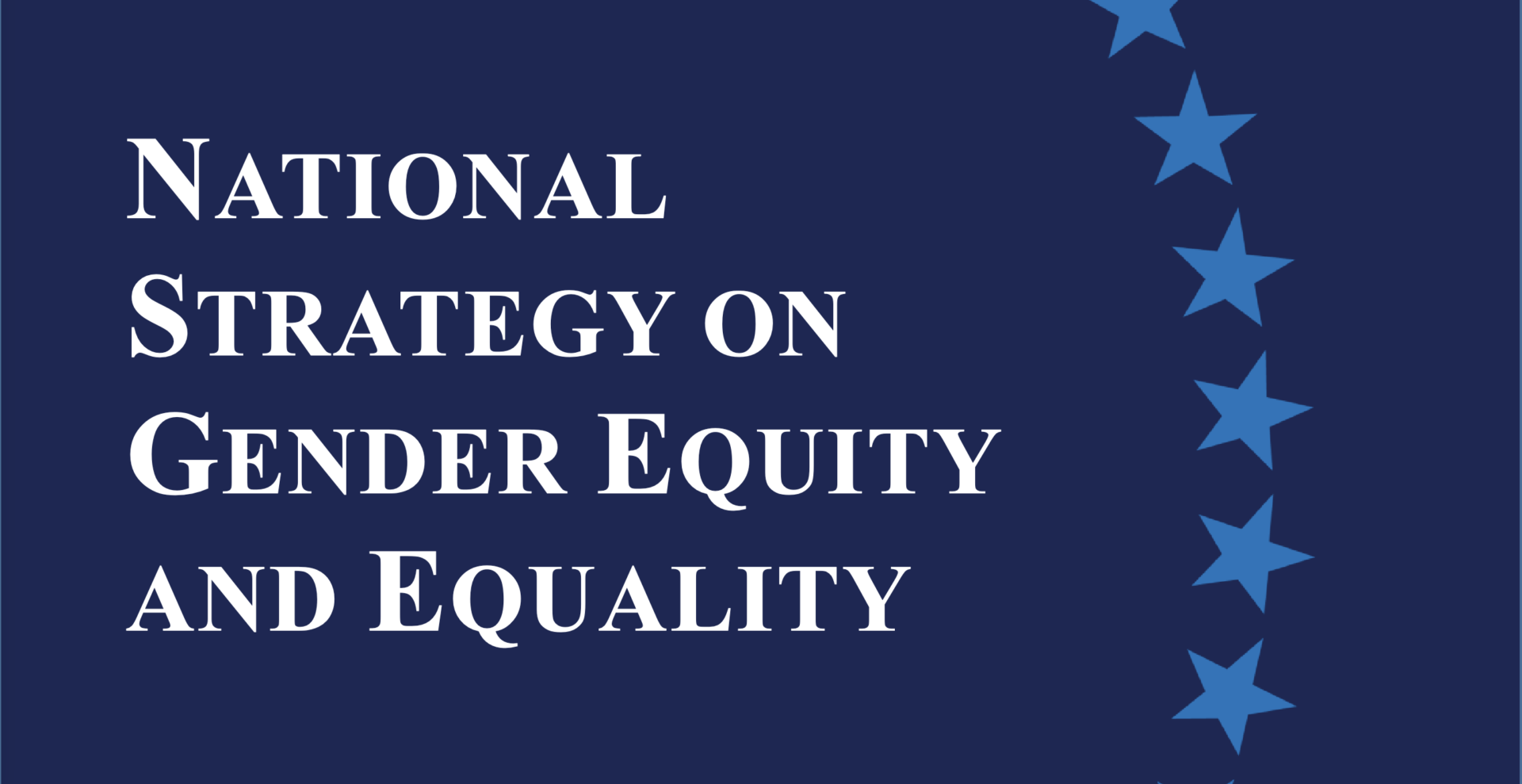Biden Administration Releases Outline of Broad Strategy for Addressing Gender Issues
Written by Stacie Murphy, Director of Congressional Relations | Published: October 22, 2021
Early Friday, the Biden administration’s Gender Policy Council released a draft of a broad gender policy intended to guide its work throughout President Biden’s term in office.
The strategy document (available in full here) is wide-ranging, highlighting how the administration plans to incorporate gender into every aspect of its work, using an intersectional framework and interconnected policy priorities. While not focused on reproductive health alone, the memo nevertheless does have some great language on sexual and reproductive health and rights, both here in the United States and around the world.
Three excerpts in particular stand out. First, the memo notes:
Protecting and expanding access to health care also includes addressing the maternal mortality crisis at home and abroad. The United States has one of the highest maternal mortality rates relative to other developed nations, particularly among Black and Native American women, who are two to three times more likely to die from pregnancy-related complications than non-Hispanic white women, regardless of education level. Globally, even prior to the pandemic, more than 200 million women lacked access to modern methods of family planning, and access to sexual and reproductive health services has declined further during the COVID-19 outbreak. And while the global maternal mortality rate has fallen, almost 300,000 women and girls still die each year from largely preventable conditions related to pregnancy and childbirth; indeed, pregnancy and childbirth complications remain a leading cause of death among girls aged 15 to 19 years old.
Additionally, the memo highlights the administration’s commitment to ending the Global Gag Rule and providing robust support both bilateral family planning programs and for the United Nations Population Fund (UNFPA):
Globally, we will seek to end the harmful Global Gag Rule that restricts women’s access to critical health information and services. We are proud to remain the largest bilateral donor to global family planning assistance, a commitment spanning more than five decades, and we commit to investing in high–quality, client–centered sexual and reproductive health services that improve women’s wellbeing, promote gender equality, and give women greater control over their bodies and lives. We will continue to support the United Nations Population Fund, which provides vital family planning and maternal health services around the world. We will also ensure better integration of sexual and reproductive health service provision in global contexts,
including in humanitarian and post–conflict settings. Furthermore, we will restore U.S. global leadership on sexual and reproductive rights and comprehensive sex education, in bilateral and multilateral fora and in efforts to advance universal health care coverage globally.
Finally, the document recommits to the Sustainable Development Goals:
Globally, we will continue investments to advance the Sustainable Development Goals and the Global Strategy for Women’s, Children’s, and Adolescents’ Health. This includes a commitment to invest in safe, respectful, and client–centered maternal and child health services to address the major causes of maternal mortality and morbidity, with a focus on countries that account for more than two–thirds of maternal and child deaths worldwide, including conflict– and crisis–affected settings. We will also strengthen health systems to ensure that all births are attended by health professionals who have access to basic emergency obstetric care and ensure that all women and girls have access to high–quality, integrated sexual and reproductive health services.
The details of how actual programs will be affected by the strategy will emerge over the coming months as departments begin developing their plans to integrate it into their work. But, especially after the last few years, it’s exhilarating to realize we have an administration committed to proactively addressing these issues in a serious way.

